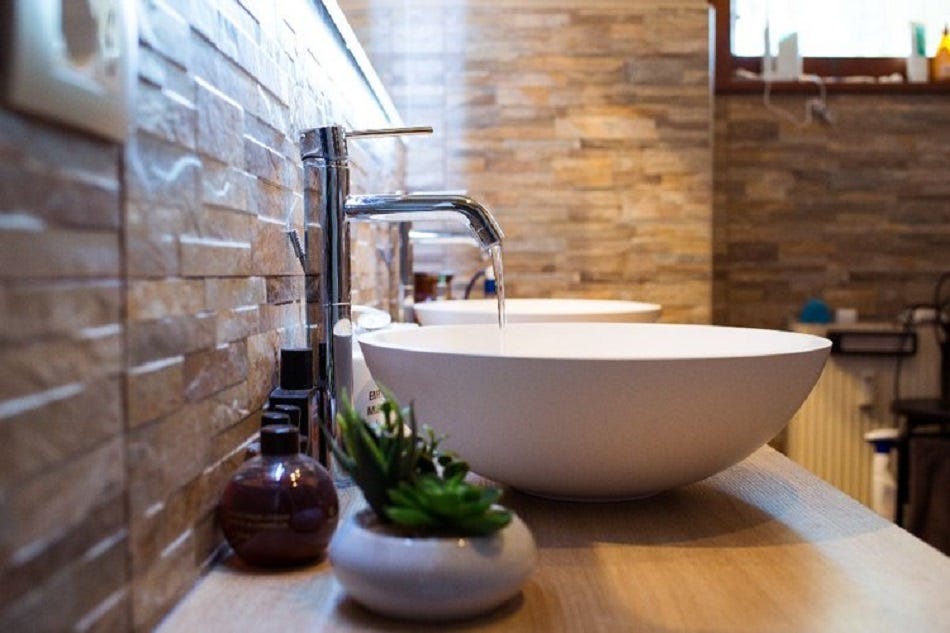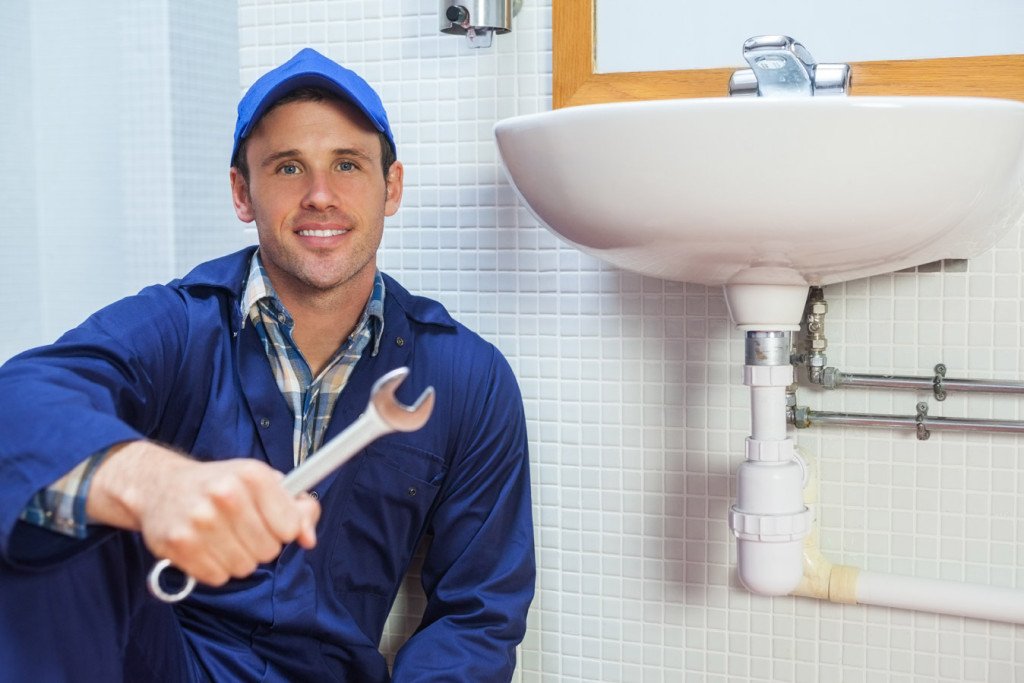Understanding Bathroom Plumbing: Essential Tips for New Homeowners
Understanding Bathroom Plumbing: Essential Tips for New Homeowners
Blog Article
Have you been trying to locate information around Essential DIY Bathroom Plumbing Tips Every Homeowner?

For brand-new property owners, understanding and preserving bathroom pipes can save both money and time by stopping costly concerns down the line. Right here are some important bathroom pipes tips to aid you keep every little thing running efficiently.
Get Ready For Winter
Secure your pipes from cold during winter by insulating pipelines in unheated areas like cellars, attics, and garages. Throughout extreme cool, let cold water drip from taps offered by exposed pipelines to help stop cold.
Arrange Normal Upkeep
Consider organizing yearly evaluations with a qualified plumbing technician. They can spot problems that you might miss, such as surprise leaks or damage on pipes and fixtures. Normal maintenance aids extend the life of your plumbing system and can stop emergencies.
Familiarize Yourself with the Key Shut-Off Shutoff
Understanding where the major water shut-off valve is located in your home is vital. This allows you to rapidly shut off the supply of water in case of significant leakages or throughout plumbing emergencies, avoiding substantial water damages.
Consistently Examine for Leakages
Little leaks can cause large problems. Regularly inspect under sinks, around bathrooms, and near pipes components for any indications of leakages. Look for dampness, tiny drips, or corrosion. Capturing and fixing leakages early can prevent much more serious damages and save water.
Maintain Your Water Heater
Guarantee your hot water heater is set to a suitable temperature level (usually about 120 levels Fahrenheit) to avoid hot and decrease power use. Flush the tank yearly to remove debris accumulation, which can minimize the performance and life-span of your heating system.
Update Your Fixtures
If your home has older fixtures, think about upgrading to a lot more effective designs. Modern bathrooms, showerheads, and faucets are created to utilize much less water while supplying great pressure, which can substantially minimize your water expense and ecological impact.
Beware with DIY Plumbing Repairs
While it's tempting to take care of all home fixings by yourself, be cautious with plumbing. Some concerns could need expert competence, specifically if they include main water lines or sewer fixings. Working with an expert can in some cases be more cost-effective than do it yourself, particularly if it avoids further damage.
Do Not Neglect Slow Drains Pipes
If your sink or tub is draining pipes slowly, it's frequently an indicator of a blockage forming. Resolving this very early can avoid a full obstruction. Make use of a plunger or a plumbing's serpent to clean out particles. Avoid utilizing chemical drain cleansers as they can harm your pipes over time.
Know What Not to Flush
Bathrooms are not waste disposal unit. Avoid purging anything other than bathroom tissue and human waste. Items like wipes, womanly hygiene products, and cotton bud must be gotten rid of in the trash to avoid obstructions and drain back-ups.
Mount Strainers in Drains
Place filters in your sink and bath tub drains to catch hair and various other particles prior to they enter your pipes system. Cleaning up the strainers consistently will help stop accumulation and keep water moving easily.
Conclusion
Recognizing and maintaining your home's shower room plumbing can stop numerous typical issues. By complying with these important suggestions, you can guarantee your washroom remains practical and reliable, conserving you time and money over time.
Essential Plumbing Tips for Homeowners: Keep Your Pipes Flowing Smoothly
As a homeowner, understanding the basics of your plumbing system can save you time, money, and a lot of headaches. Plumbing issues can range from minor annoyances like dripping faucets to major problems like burst pipes that cause significant damage. This guide provides essential tips to help you maintain your plumbing system and tackle common issues.
Understanding Your Plumbing System
Supply System: Brings fresh water into your home from a municipal source or a well. Drain-Waste-Vent System: Removes wastewater and vents sewer gases outside. Fixtures and Appliances: Includes sinks, toilets, showers, dishwashers, and washing machines. Basic Maintenance Tips
Regular Inspections: Periodically check for leaks, corrosion, and other signs of wear and tear. Look under sinks, around toilets, and near water heaters. Know Your Main Shut-Off Valve: In case of a major leak, you’ll need to shut off the water quickly. Ensure everyone in your household knows where the main shut-off valve is located. Prevent Frozen Pipes: In cold climates, insulate exposed pipes and let faucets drip during extreme cold to prevent freezing. Use Strainers: Install strainers in sinks and tubs to catch hair, food particles, and other debris that can cause clogs. Common Plumbing Issues and Solutions
Clogged Drains:
Prevention: Avoid pouring grease down the drain and use drain screens to catch debris. DIY Fix: Use a plunger or a plumbing snake to clear minor clogs. For stubborn clogs, a mixture of baking soda and vinegar can sometimes help. Leaky Faucets:
Prevention: Replace washers and seals regularly. DIY Fix: Turn off the water supply, disassemble the faucet, and replace worn parts.

Visit Site Report this page